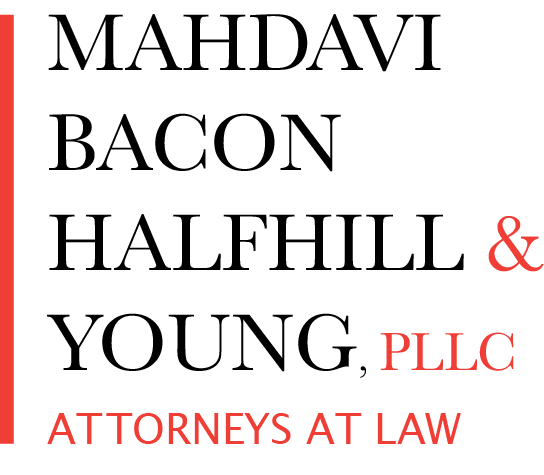It has been a tough couple of years for business. Just as it seemed that the economy was finally lifting out of the doldrums, it looks like we are getting another dip. Business is off, and it is tough to meet expenses in the company that you worked to build. Suddenly, you realize that you can dip into your company’s employee benefit plan to raise necessary funds. You better think again.
You don’t see the big deal if you dip into the plan to “borrow” informally from it. And you can skip a mandated deposit this year… or even all of them. The employees may complain, but so what? If you can’t pay them back, they can just get in line with your other creditors.
Well here’s what you need to worry about. Your liability to your employees may not just be another judgment that you won’t pay. A pension plan is governed by a complicated federal statute called ERISA, along with a myriad of state laws. The money contributed to the pension plan belongs to the plan and to the employees. The trustee or administrator (that is you Mr. or Mrs. Business Owner) has a right to the portion of the money held for you by the plan if you withdraw it or borrow it in accordance with plan requirements, but you have no right to other employees’ money.
So what does it mean if you dip into the pension plan to help the cash flow of your business? In simplest terms, you are stealing the money that belongs to others. Taking money to be contributed to the pension plan or that is already in the plan is a federal crime.
“So what,” you may say. “Tearing the tag off a mattress is also a crime, but nobody gets prosecuted.” We hate to burst your bubble, but there are strict rules for funding and using plan funds. If you run afoul of those rules, you can anticipate that a disgruntled current or former employee will file a complaint with the Federal Department of Labor (DOL). It is easy, fast and costs that person nothing. The DOL under the Obama Administration has a mandate to find and root out pension plan dipping and fraud. The agency will and does prosecute. Regular business people facing a financial crunch have gone to federal prison for borrowing or taking just thousands of dollars.
If you are caught you can expect to be indicted in federal court. You will likely have to post a bond and undergo an audit. If you plead guilty or you are convicted, you will be sentenced to go to jail or spend time in home confinement with an ankle transmitter. You will be labeled a federal criminal, and you will derail the rest of your life.
And then the IRS may sink its teeth into you. You will be subject to IRS action because you probably did not declare as income and pay taxes on that borrowed money. That may lead to potential IRS criminal charges too.
You do not have to believe this blog. Just go to http://www.dol.gov/ebsa/newsroom/criminal/main.html, and you can see a laundry list of regular people indicted and convicted just in 2011.
The simple answer is that there is never a circumstance that you can refuse to fund the plan or borrow from the plan unless you have met very stringent legal requirements under very special circumstances. You must consult an expert if this is something that you are considering.

